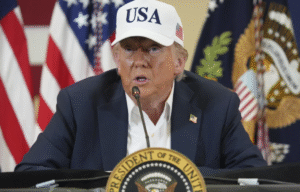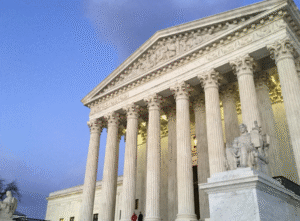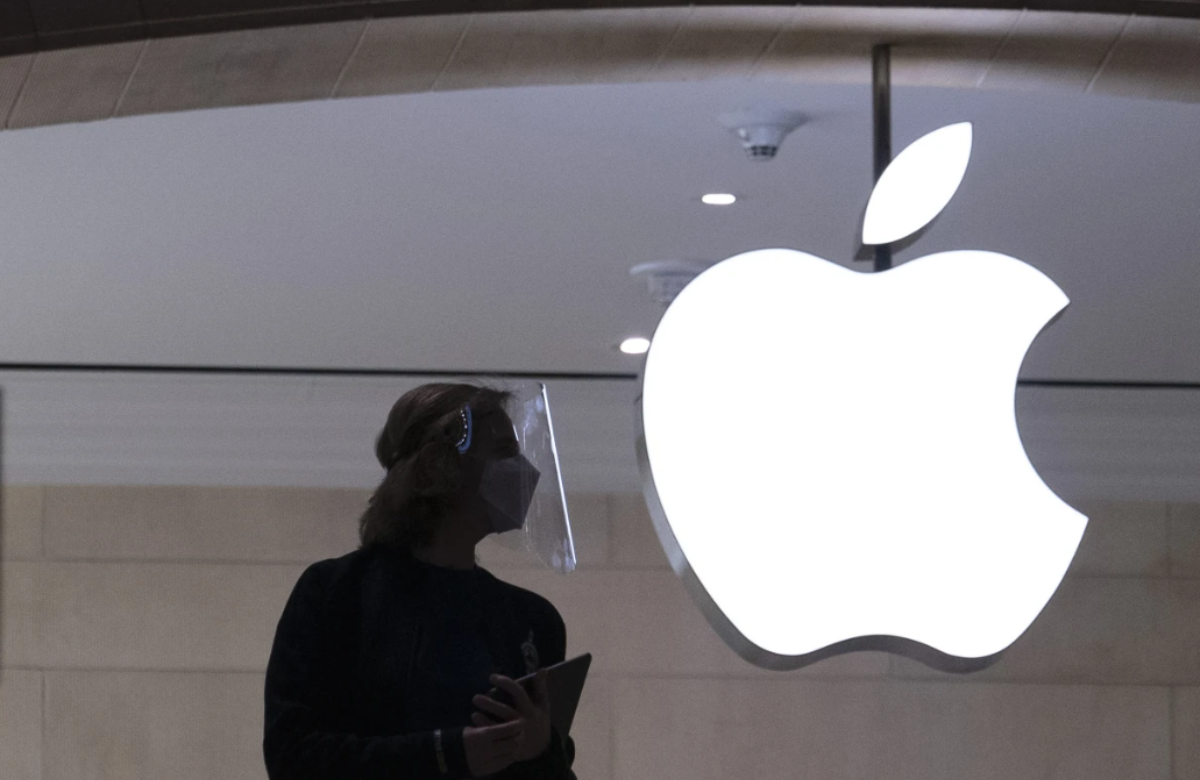Illinois Governor JB Pritzker sat at a table with researchers from the University of Illinois, many of whom will soon lose their jobs as the lab faces a loss of federal funding and is set to close next month. One researcher, Aline Delpomdor, a specialist at the university’s Soybean Innovation Lab, expressed her gratitude to Pritzker, saying she feels betrayed by the government but was given hope by his advocacy. “My husband sometimes shows me videos of you speaking. This was the first thing that gave me hope — that someone is speaking out. Somebody is defending us,” she said.
Pritzker, a billionaire heir to the Hyatt hotel chain, might seem an unlikely advocate for working-class people impacted by the Trump administration. However, he has actively opposed President Donald Trump’s proposed tax cuts, while supporting universal healthcare and a higher federal minimum wage.
During a recent statewide tour, the governor presented a vision for national Democrats who are struggling to unite against the Republican president. His three-day tour included meetings with farmers in central Illinois to discuss agricultural issues and with older adults in suburban Chicago concerned about potential cuts to Social Security.
Though not a central figure in Washington, Governor Pritzker’s recent tour across Illinois mirrors the kind of campaigning seen in early primary states like Iowa, New Hampshire, or South Carolina.
In an interview, Pritzker reflected on his role, saying, “How do you play a role when you don’t have a vote?” He explained his aim was to remind Americans of their country’s democratic values, especially during a time when people may not have fully considered the importance of democracy and history. He hopes to use his platform to inspire others and rally support.
Pritzker has long been a major figure within the Democratic Party, leveraging his wealth to build alliances as a top donor. He has contributed millions of dollars to Democratic campaigns and causes, including a recent $500,000 donation to support the Democratic candidate in the upcoming Wisconsin Supreme Court race. This election is seen as crucial for the swing state and is considered an important indicator of the broader national political landscape.
While less well-known than other potential contenders for the 2028 presidential race, Governor Pritzker gained national attention in February when he used his joint budget and State of the State address to draw a comparison between President Trump’s rhetoric and the rise of Nazi Germany.
“If you think I’m overreacting and sounding the alarm too soon, consider this: It took the Nazis one month, three weeks, two days, eight hours and 40 minutes to dismantle a constitutional republic,” Pritzker remarked.
His speech sharply contrasted with the actions of many other Democratic governors, who were headed to Washington for in-person meetings with the newly inaugurated president. Pritzker, however, chose to skip the National Governors Association gathering.
Since that speech, the gap between Pritzker and other Democratic governors—particularly those who might be eyeing the 2028 presidential nomination—has continued to grow.
Michigan Governor Gretchen Whitmer recently met one-on-one with former President Trump, aiming to find “common ground” with him. Meanwhile, California Governor Gavin Newsom launched a podcast where he engaged in friendly conversations with Trump supporters, including Steve Bannon.
In Illinois, some Republican lawmakers walked out during Governor Pritzker’s speech. The state GOP has criticized Pritzker for overspending and contributing to the migrant crisis in Chicago.
Illinois Republican Party Chairman Don Tracy remarked, “All the while, he jet-sets across the country giving political speeches, more interested in headlines and presidential speculation than actually governing this state.”
Despite the criticism, Pritzker has continued to openly criticize Trump. In a speech at the liberal Center for American Progress in Washington, he referred to Trump’s early months in office as “true villainous cruelty by a few idiots.” When meeting with farmers in central Illinois, Pritzker warned that their “way of life is under attack right now.”
At a roundtable with farmers in Urbana, Governor Pritzker warned that the impact of Trump’s policies could lead to businesses closing, job losses, and widespread economic damage, not just in Illinois but across the U.S. He emphasized that farmers might become “collateral damage” in Trump’s efforts.
Pritzker also criticized Democrats who supported a Republican-led spending bill, including Senate Majority Leader Chuck Schumer. He called their backing an “enormous mistake.”
U.S. Rep. Nikki Budzinski, D-Ill., who joined Pritzker at the event, praised the governor for helping to “localize and tell the story of what this will mean for people.”
Governor Pritzker recently visited the Soybean Innovation Lab, which is set to close on April 15, resulting in 30 employees losing their jobs. Aline Delpomdor, a research specialist at the lab, told Pritzker that the cuts meant all their years of work would be lost. Peter Goldsmith, the lab’s director, described the closure as “surreal” and emphasized the emotional toll, saying, “You can’t just grin and bear it.”
Pritzker criticized the lack of thought behind the decision, stating, “Very little thought has gone into the decisions that have been made.” He expressed hope that in six months, efforts could be made to show that the government has gone too far.
Despite the challenges, Pritzker remained optimistic, stating, “We are going to fight.” He emphasized the need to put in the work and stay proactive, expressing confidence that they could make progress if they stayed committed. “It’s not that I think if we all just sit back that four years will go by and everything will be fine,” he said. “I think we need to put the work in, and I’m optimistic that we will.”













